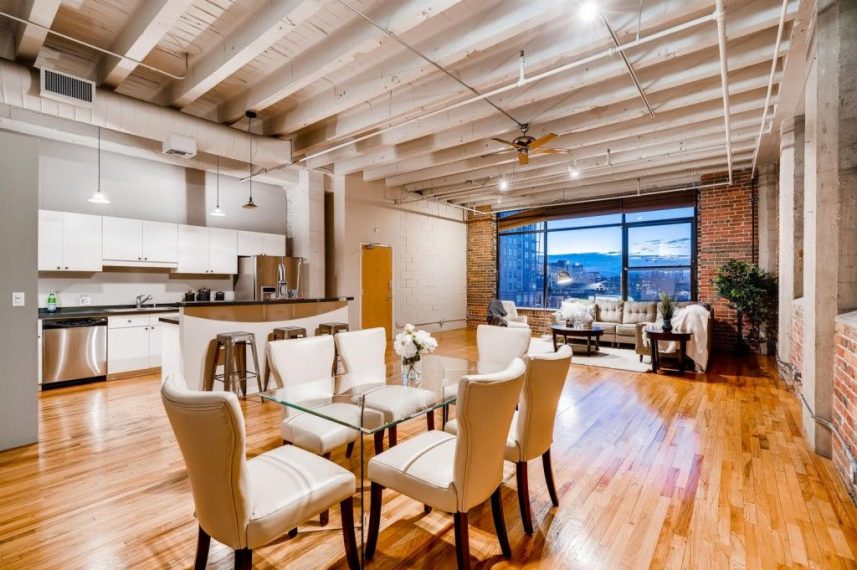
Buy and Hold – Leasing
One of the things I love about real estate is besides giving you many different ways to generate income, is it also gives you a lot of opportunities to create wealth.
What I always like to tell my CPA is, “I want to get rich. I don’t want to make any money.”
What that means is that I need to generate income to pay for my lifestyle but it’s really buying and holding and growing a portfolio of properties that grows your wealth. And real estate is perfect because it lends itself to many opportunities to grow your wealth as well as generate income.
With that in mind, let's talk about the buy and hold strategy.
Buy and hold works as followings:
You find a property, get it under contract and you buy or close on the property.
You can use conventional financing, especially if it’s a pretty home. You can use cash or hard money for ugly homes and then refinance after renovation.
Now, that’s my favorite way to buy rental properties. I’d like to buy a property. I might find a property for $65,000. I might spend $25,000 totally renovating the house. At which point, maybe the house is worth $140,000.
But rather than just selling it for $140,000, I go ahead and refinance it for let’s say, $110,000. You generally can’t refinance it for the full retail value, but if you refinance it in my example for $110,000.
Why do that? Because you get all of your $65,000 back, plus the $25,000 you spent on the renovation, and you get to pocket some additional money, maybe $10,000 or more.
By the way, you didn’t sell the property, you just refinanced it. So, that money you just pocketed, that profit, that’s essentially tax free. It’s just a cash out.
Lease Property to Tenants
Now you can stick a tenant in that property who will pay the mortgage and maybe even generate some cash-flow for you while the property appreciates over time.
Of course, after you close on the property regardless of how you do, you lease it to a tenant.
By leasing the property, you get some short-term benefits.
Short-Term Benefits
You get some cash-flow, hopefully. In some cases, some properties appreciate more and get less cash-flow and other properties appreciate maybe less but get more cash-flows. You have to look at the total return on investment.
You also will get to take the depreciation of the property, all improvements on the property get to be deducted over 27-and-a-half-years giving you great tax deductions. Of course, all of the taxes you pay interest repairs, et cetera, all expenses on the property are all tax deductible for the life of the property.
And then of course, the long-term benefits are appreciation.
In the United States, the average appreciation rate for properties over the last 30 years is around 6%. And what that means is that if you buy a property, and you hold it, it will obviously go up in value.
Potential Profits
But there’s something kind of interesting about that number and what can happen.
If you go ahead and find yourself a property, that’s what I call a good deal... you get to buy it for 80% of value. It’s not unbelievable deal, but it’s a good deal.
If you look real hard occasionally, you will find those good deals. So, if you bought a property at 80% of value, and you let that property appreciate, at just 6% a year, something happens after about seven or eight years.
You will have exceeded the 50% loan to value. What does that mean?
The property will go up in value each year a little bit and you’ll pay down the loan a little bit, and after about eight years, you’re going to discover that you’ve got 50% equity in that property.
What if you bought 30 or 40 properties that way? Wow, 30 or 40 good deals, after seven or eight years, you can actually sell half of them and pay off the other half and own 15 or 20 properties completely loan free.
Free and clear each one generating $1,000, $1,200 maybe, $1,500 a month in rent. This would generate $20,000 or more of passive cash-flow, adjusted for inflation and you still get all of the depreciation and tax benefits for the rest of your life, not a bad deal.
With the buy and hold strategy, the bottom line is that typical profit, $100,000 or more per house. The catch is you’ve got to hold for 5, 8, 10, 15 years and unlike most renovation and different investing strategies where you’re buying and selling or flipping.
Still All About Location, Location, Location
And all that really matters is what you could buy it for, what you can sell it for. If you’re buying and holding, it goes down to the classic location, location, location.
You want to buy properties that are in better locations that are going to appreciate more over the time horizon that you hold them.
Risks
Of course, along the way, you have to manage your risks. Basically, all the joys that go along with being a landlord like continuous repairs. These things can cost a lot at time, and you have to have a little money in reserve to cover the issues and things that come up.



